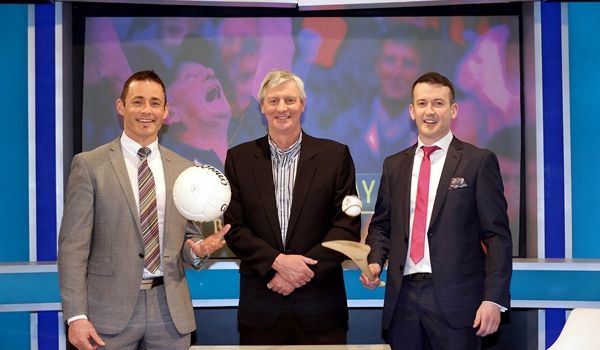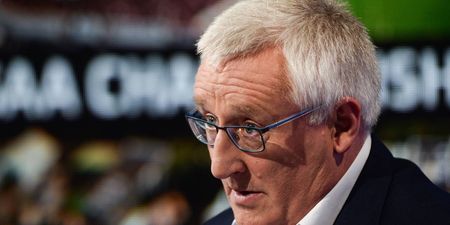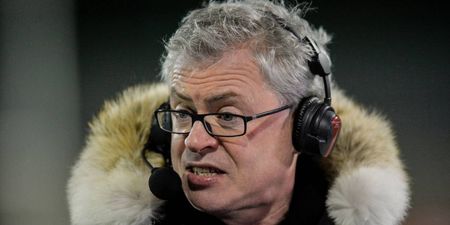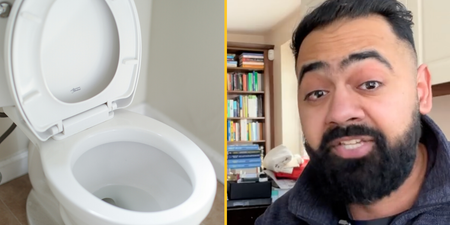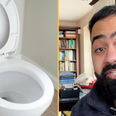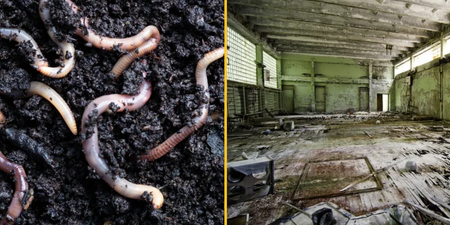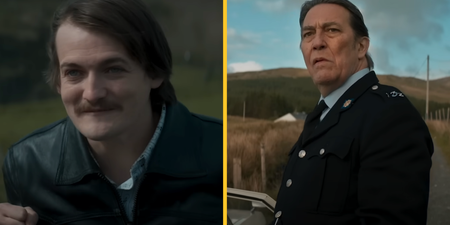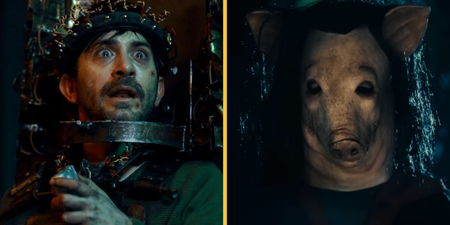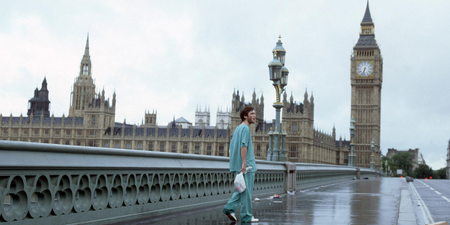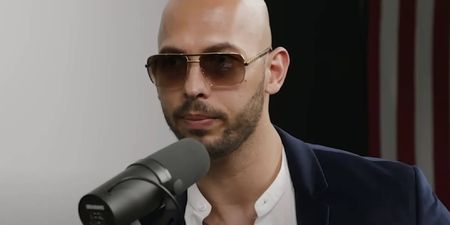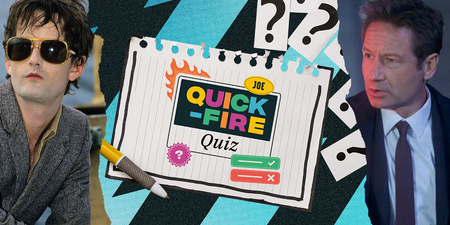We’re not even halfway through the summer and already The Sunday Game has been at the centre of controversy on a number of occasions. But is the level of criticism merited? Two JOEs argue the case.


Conor Heneghan says… There is no doubting the importance of The Sunday Game and the integral part it plays in the lives of GAA followers throughout the summer months. Yes, we give out about it – and I will be giving out about in some detail below – but we’d be lost without it at the same time.
For the majority of GAA fans it has been essential viewing for a long time and it remains that way today. As well as providing a recap of the weekend’s action, the analysis and the debates between the various pundits can often exceed the excitement provided by the highlights themselves and rarely fail to provide plenty of talking points for the water cooler on a Monday morning.
But on recent evidence, you’d have to wonder whether the programme has got carried away with its own prominence in GAA circles.
For example, I was reading Darragh Ó Sé’s excellent column in the Irish Times earlier today, where he was analysing the clash between Donegal and Down at the weekend. Darragh went into great detail about a three-minute passage of play in that game and how it said a lot about modern football and the demands it makes on players and managers these days.
Like many former players, Ó Sé might not be the biggest fan of Gaelic Football in its current guise but unlike some former players and one in particular, he is willing to take it on its merits and not bemoan the fact that it’s not the way it used to be.
O’Sé’s analysis was astute, insightful and very relevant to the game as it is played today.
Pat Spillane, on the other hand, embarked on an almost arrogant, attention seeking rant about Down’s tactics, literally and cringe-worthily (we don’t think that’s a word but Pat has invented plenty of his own over the years) urging Sunday Game viewers to read his lips as he said that they didn’t work simply because Down didn’t win.
Pat didn’t appear to take into account the fact that Donegal are the reigning All-Ireland Champions and had beaten Down by 11 points this time last year, a margin of eight points greater than they did on Sunday.
Would Spillane have conducted such an arrogant rant had he not been afforded a place at the pulpit by The Sunday Game? Maybe, maybe not, but judging by the conviction in his delivery he appeared to think that viewers should take his opinion as the last word.
I could write all day about my own and the public’s opinions on Pat Spillane himself, but the fact that Pat is being Pat is not the programme’s fault. Saying that, there are bones to pick with it nonetheless.
Wexford Chairman Diarmuid Deveraux was the latest figure to come out and criticise the programme recently for barbs directed at the county hurlers, following on from a fall-out after Eamon O’Hara’s attack on Kevin Walsh and too many Joe Brolly incidents to mention at this stage.
While we like to see pundits air their views in a frank and straightforward manner and not beat about the bush, the most valid point made by those criticising the show has been the lack of a right of reply, which has been restricted to a response in newspapers the week after the victim of an attack has been defencelessly slated live on prime-time television on a Sunday night.
It is difficult, of course, to facilitate a situation where the figures coming in for criticism could immediately defend themselves, but the pundits probably wouldn’t be as harsh in their analysis on players/managers etc, if they knew that the people they were talking about were on hand to give an instant response. If they knew that they were and were still prepared to stick to their guns, all the better for it, at least it would show that they have conviction in their beliefs regardless of the response they might provoke.
There are other problems with The Sunday Game, of course, but they are more easily fixed than the issues addressed in greater detail above.
A closely-contested Connacht semi-final meeting between London and Leitrim at the weekend, for example, merited three minutes’ worth of highlights and complaints of a similar nature have been made about other supposedly low-profile games in the past, particularly games involving teams in the lower tiers of the hurling championship.
The show’s producers would argue that it is hard to fit in sufficient match highlights and analysis when there are so many games to cover, but maybe it would be time better spent than the ‘waiting in the long grass’ feature which is part of the current format.
Irish people tend to love a pop at the establishment and as far as the GAA is concerned, you can’t get much more establishment than The Sunday Game, but it is far from infallible and if the criticism of the show as it is was taken on board and the necessary amendments made, it could remain as compulsive as it already is, without the weekly attack on it featuring in the newspapers the following week.

Sean Nolan says… With an all but impossible job to do, I think the RTE lads do it very well indeed…
We are now at epidemic proportions for The Sunday Game bashing. The venerable old man of GAA highlights shows remains the only place to watch the weekend’s action and as such it has become a lightning rod for all manner of abuse.
A look at the #Sundaygame during the show reveals tweet after tweet of grievances from fans and players alike while the following week brings more courtesy of managers, county board representatives, columnists and players. By the time they are all done, it is Sunday again and the whole cycle starts again.
Is the show perfect? No, far from it. To get the balance between all the different games is a very tricky one and they don’t always get it right. Next week’s show is scheduled to weigh in at well over two hours long but they will still only scratch the surface of the monster GAA fixture list next weekend, so fans from various counties will undoubtedly be aggrieved.
But the show could be five hours long and not cover everything. The biggest games get the biggest time slots. We might not like it but the Sunday Game has to cater to the more casual fan as well as the hardcore so Dublin/Kildare will get more airtime than Armagh/Wicklow next week.
An even bigger gripe these days seems to be the pundits. Yes, Pat Spillane can grate like nails on a blackboard at times but new faces this season like Eamon O’Hara and especially Donal Og Cusack have made the programme much more informative and entertaining and the Cork man has taken hurling analysis, at least on TV, to a new level.
The addition of dual star Lee Chin the other week was another step to make the programme more current and interesting and we fully expect to see more guests drop in each week to mix the format up.
The biggest issue the show has is that there is no alternative. If you don’t like Match of the Day you can either wait for Goals on Sunday or, more likely, watch all the goals online long before the BBC show even starts.
There is no comparable alternative for the GAA. That means that every GAA fan, passing or otherwise, has to tune in. With such a broad constituency to cover, they have an impossible task to try and please everyone. In my view, they definitely please many more than they upset and you know the old saying, the only thing worse than being talked about is not being talked about.
The Sunday Game is generating more chat than ever this year. It’s not all positive, and some criticism is very legitimate, but considering the job they have, they do it very well indeed in my opinion.
